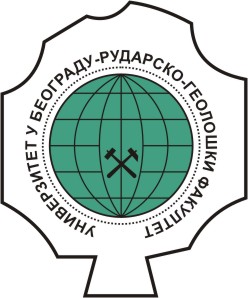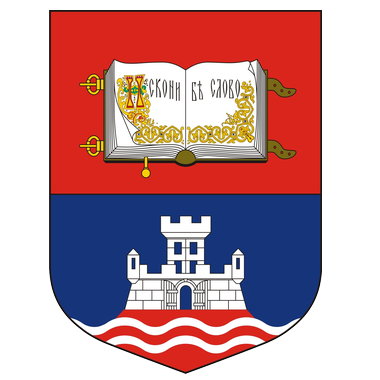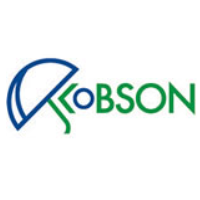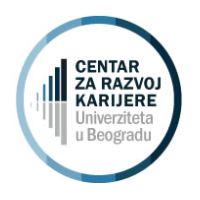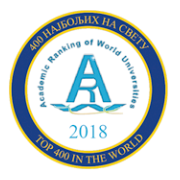Content:
Theory teaching
Through this course students will become familiar with the basic concepts and principles of ecology (definitions, significance, tasks), with the concepts of environmental protection and ecological factors, their classification, then with geoethics, with forms of pollution and environmental protection, in general. The following elements will be studied: pollution and soil protection, creation, characteristics, manner and type of pollution. The second is pollution and water protection. Natural pollution, pollution of surface water, groundwater, industrial water from mineral processing plants, oil refining, metallurgical plants, thermal power plants. The third part is polluting and protecting the air. Air pollutants with mining activity, burning of fossil fuels, metallurgical processes, sources and classifications. Then about radioactive pollution and protection, about noise and noise protection. At the end, students will be acquainted with environmental protection regarding to the exploitation of mineral resources - non-renewable natural resources, legal regulation and monitoring system. Practical teaching
Through this course, and after attending a lecture, students in active discussions get acquainted with a variety of factors that threaten the environment through the mining activities. They get acquainted with the threat and protection of the soil, endangering and protecting water, air, noise and vibration hazards, radioactivity etc. The basic notions of ethics in geosciences - about geosciences, responsibility and morality of doing or not doing what is supposed to be done from an enginner. Students write term papers and present them publicly. |
Suggested Reading List:
- Tomanec R., 2008: Zaštita životne sredine, Beleške sa predavanja - autorizovana skripta, RGF.
- Stadnickii, G. V., Rodionov, A. I. 1988: Ekologiia, - V. Sh., Moskva.
- Withgott J., Brennan Scott, 2006: Environment, the science behind stories. – Pearson, San Francisko.
- Savić I, Terezija V., 2002: Ekologija i zaštita životne sredine, Zavod za udžbenike i nastavna sredstva, Beograd.
- Ratajac R., et al., 2004: Ekologija i zaštita životne sredine. – Zavod za udžbenike i nastavna sredstva, Beograd.
|
